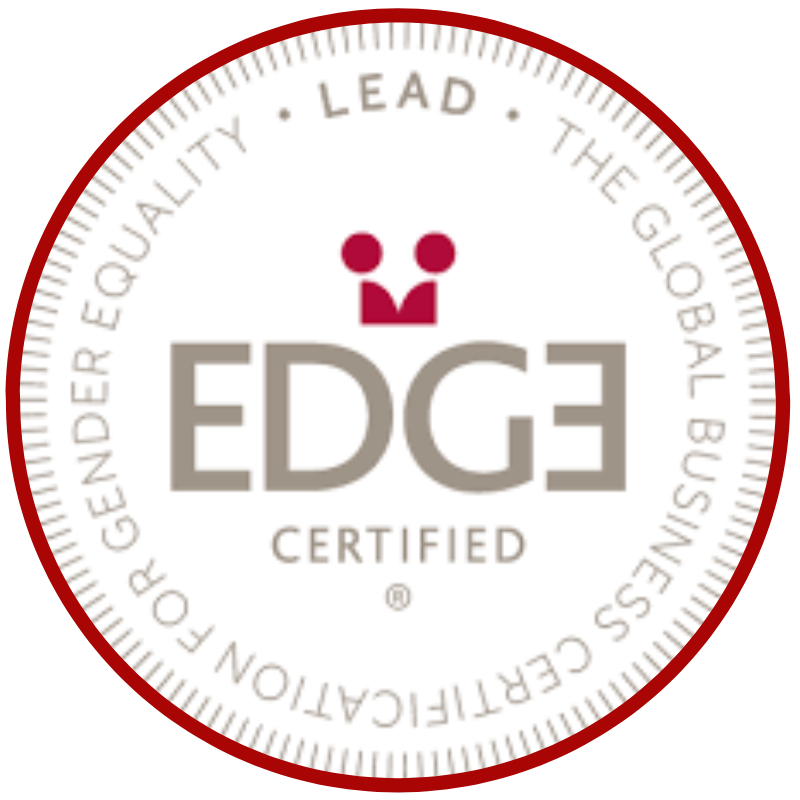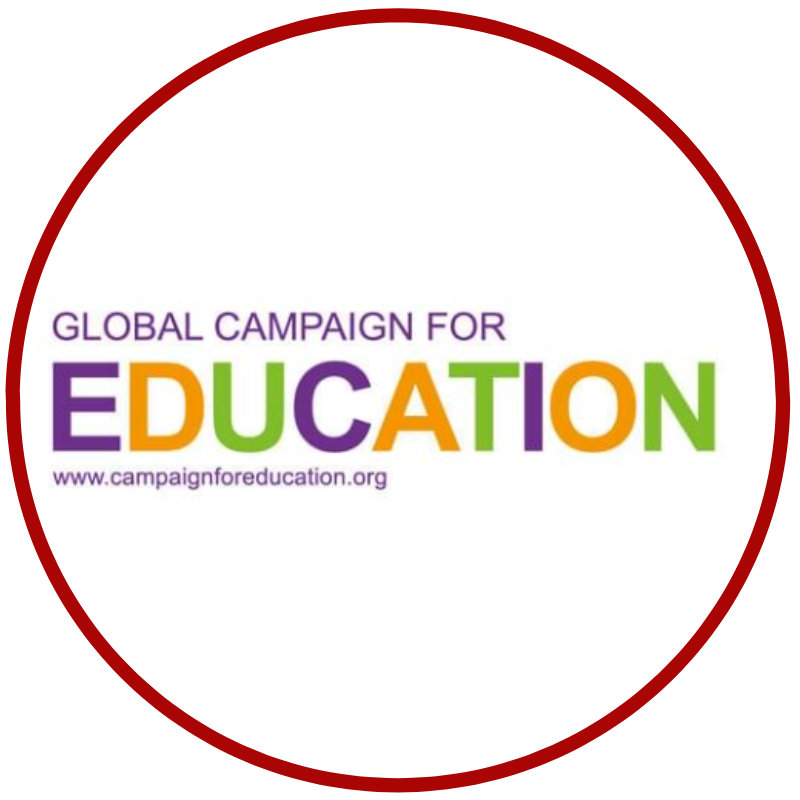I just took a class on women and development at George Washington University. Not really.
I did attend an event at George Washington Universitys Elliot School of International Affairs on April 14, which brought together five experts to discuss the implementation of the US Department of States Quadrennial Diplomacy and Development Review (or QDDR). The speakers, with years of experience, talked about how to best insure that development assistance reaches women. The speakers were all smart, compelling and provocative, and the packed room was engaged in the conversation.
Caren Grown, the Senior Gender Advisor at USAID and a professor of economics at American University, kicked it off. Other speakers were Leigh Carter, from Fankoze, the Haitian microfinance organization; Nilufar Ahmad from the World Bank; Winnie Tay from Plan International; and Anju Malhotra, from the International Center for Research on Women.
The discussion was lively. The key questions, of course, are what works and what doesnt? But also, what dont we know? The speakers made six key points:
First, public investment, particularly in jobs and infrastructure is important. Public sector jobs are critical for women. Nilufar Ahmad outlined data showing that increased employment in both traditional and non-traditional jobs decreases poverty for women.
There was also a lot of discussion about infrastructure as a gender issues. Good infrastructure reduces the cost of doing business, increases the possibility of further investment and can make everyone more efficient. And, as Leigh Carter from Fankoze said, business would be better for women if there were better roads. At the same time, the panelists recognized that women and men use transportation differently: women tend to use public transportation, while men use (and own) private transport. Anju Malhotra noted that she haw women using Delhis metro in large numbers as it is inexpensive, safe and also has cars reserved for women.
Second, asset ownership is fundamental for women to build their livelihoods in a sustained way. Property can be used to obtain credit, build a business and create jobs. The panelists discussed whether it is better for women to own property that is jointly titled (with her husband) or titled individually.
Caren Grown outlined the key steps to ensuring that women have access to title: good legislation; harmonization of national laws and treaties like CEDAW; judicial capacity to enforce tenure rights; and strong legal literacy so women and men know their rights. Caren also talked about the importance of recognizing the influence of parallel legal systems such as religious or traditional systems. But interestingly, ownership isnt always clear. There are various ways to define ownership: looking to (1) legal title; (2) alternative titling by asking people who owns property or (3) alternative titling by asking people what rights that have to use property.
Third, the need for better sex disaggregated data. Despite all of the work that has been done in development, in many arenas, we still dont have as much solid information as we need to make smart decisions.
Fourth, there is a need for schools that can reach girls. Winnie Tay talked about the BRIGHT Schools in Burkina Faso that have increased enrollment as well as test scores. Less than half of Burkina Fasos girls attend primary school due to a lack of schools within walking distance of their homes, household chores, and early forced marriages. This program began to construct girl friendly schools equipped with separate bathrooms for boys and girls, food for school cafeterias, and day care centers for students siblings. The program also includes a community awareness component and take-home food for girls who achieve a 90 percent attendance rate.
Fifth, the need for women to be involved politically. The panelists discussed studies showing that women elected officials bring up different issues than men, as well as different perspectives on issues. For example, if we know that women and men use transportation differently, then having women in the policy discussions can change the dynamic of what polices are implemented.
Sixth, innovation and technology that can make a difference in peoples lives and then be scaled up purposefully. Anju Malhotra from ICRW pointed out how advances in family planning had given women more control over the size of their families. She also talked about the innovative use of mobile phones for banking and health information, as well as the development of alternative energy sources.
It was a good tutorial, and gave us a framework for how US development assistance can be the most effective.





